The small town of Bishop, California is nestled in the northern end of the Owens Valley, where the high desert meets rushing creeks and pine forests—all with the snow-capped Sierra Mountains in the background. Bishop is also located just hours away from two of the most iconic national parks in the country (Death Valley and Yosemite), which means that outdoor opportunities around here are pretty much endless. After all, there’s a reason that conservationists like John Muir and Ansel Adams spent so much time exploring the wild lands of Inyo County.
Whether you decide to use Bishop as a basecamp or as a destination on its own, you won’t be disappointed with your options. With so many choices to sort through, we created this list of eight of the best adventures in the area to help you plan your next adventure to the Sierra. But fair warning: once you start dreaming about the wilderness here, you might find it difficult to go anywhere else!
1. The town of Bishop

Even though the Sierra Mountains are right there, Bishop has surprisingly mild winters and fairly warm summers, making it the perfect year-round destination if you like to be outdoors. But if you’re coming to Bishop with a history buff or the kids (or a kid at heart), make sure you spend some time in town, too.
Just a few miles north off U.S. 6, head over to the Laws Railroad Museum and Historic Site. You might be surprised to find that it’s not just a regular ol’ train museum—the spot was once a small town built around the Laws Railroad depot. Today, the site celebrates the importance of the railroad to the area, and you can actually ride a Death Valley Railroad car from 1927, ring the bell in Engine #9, and explore the original 1883 train depot.
Go even further back in time with a visit to the Owens Valley Paiute Shoshone Cultural Center and learn about the Nuumu (Paiute) and Newe (Shoshone), descendants of the Nu-Mu, who were the first people to live in the valley. After taking in the cultural displays and artifacts, take a relaxing walk through the Native Garden and trek along the trail through the Conservation Open Space Area. Check out the gift shop before you leave and pick up a couple souvenirs made by local artisans.
2. John Muir Wilderness
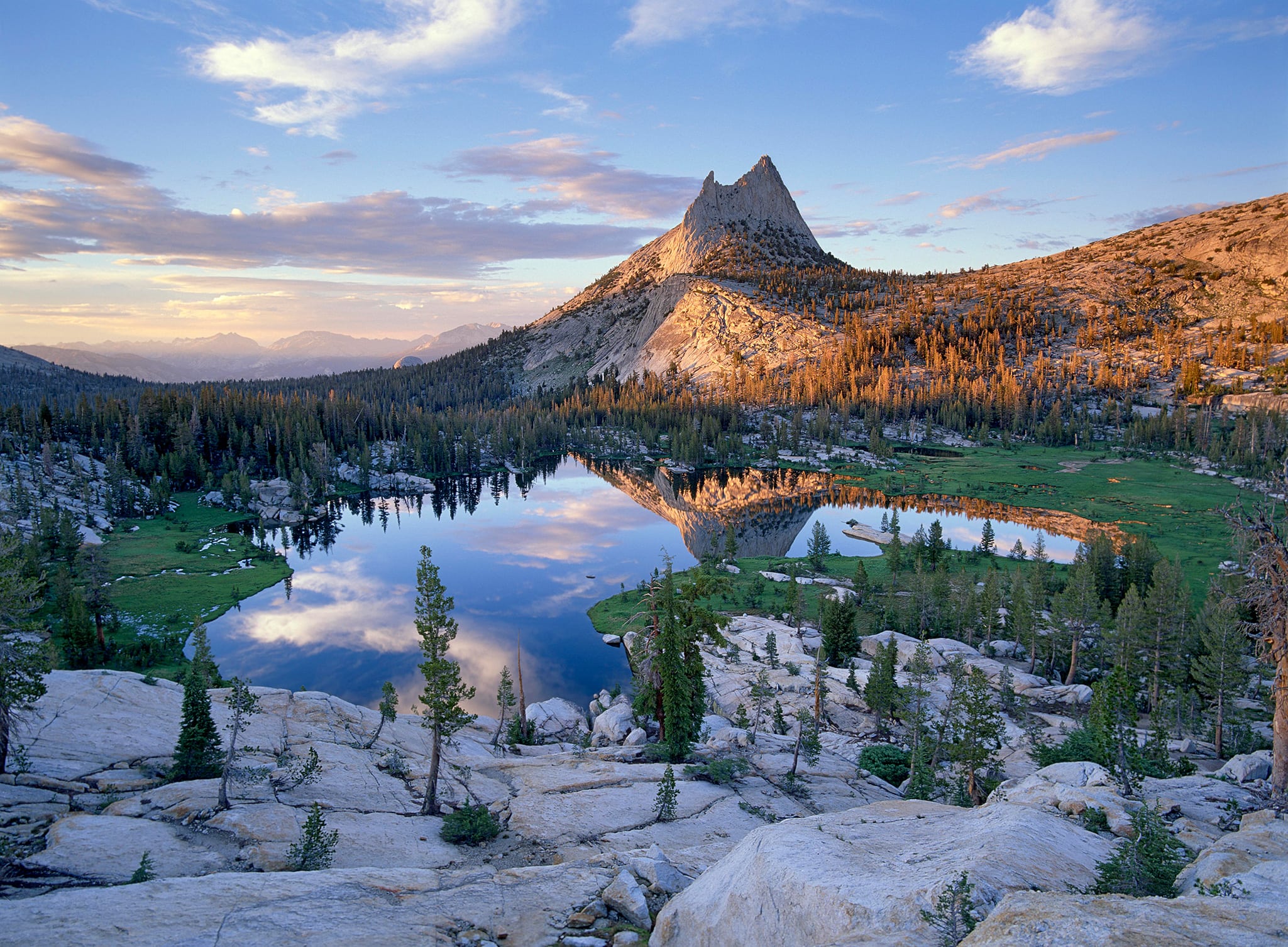
John Muir dedicated his life to protecting the wilderness in the Sierra Nevada. Lucky for us, not much has changed since the days that Mr. Muir himself wandered along the trails through deep canyons and wildflower-filled meadows. The 215-mile John Muir Trail (JMT) is one of the best ways to explore all this wilderness area has to offer, and is a wonderful opportunity to “enjoy every mile, every meal, and every vista” as the locals do. About 100 of these miles wind through the Sierra, with a handful of trailheads within 30 minutes of downtown Bishop. Have your camera ready to capture the views of the 13,000-foot peaks and turquoise-colored alpine lakes as you follow in Muir’s footsteps.
Note: The is the second most-visited wilderness in the United States, so make sure to get your permit for backcountry camping trips.
3. Ansel Adams Wilderness
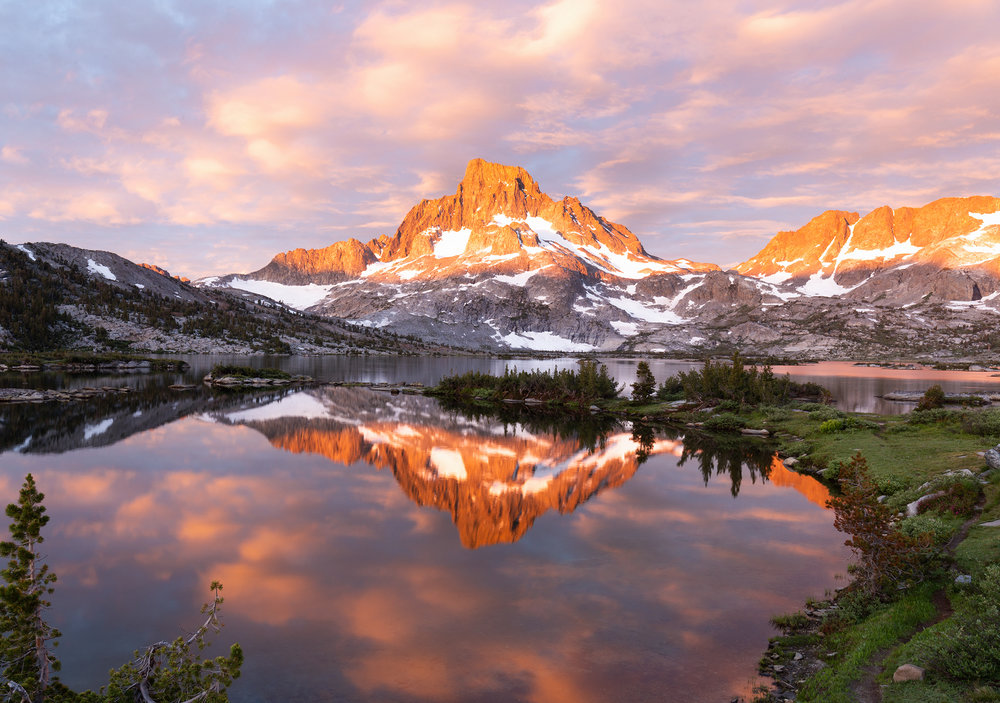
If you go far enough north on the John Muir Trail, you’ll hit the Ansel Adams Wilderness, smack dab in-between Bishop and Yosemite. But don’t worry, you don’t have to hike your way in from Bishop—most people get to the 349 miles of trails here from the Devils Postpile National Monument near Mammoth Lakes. This area has some of the most scenic sections along the John Muir and Pacific Crest Trails, and if you have a couple of days, head to the Alger Lakes area. If you are one of the few hikers to take on this challenging trek, you’ll be rewarded with postcard-worthy High Sierra views of alpine lakes, mountains stretching on as far as the eye can see, and wide-open meadows filled with wildflowers.
Note: You’ll need a wilderness permit if you plan to spend the night out there.
4.Mount Whitney
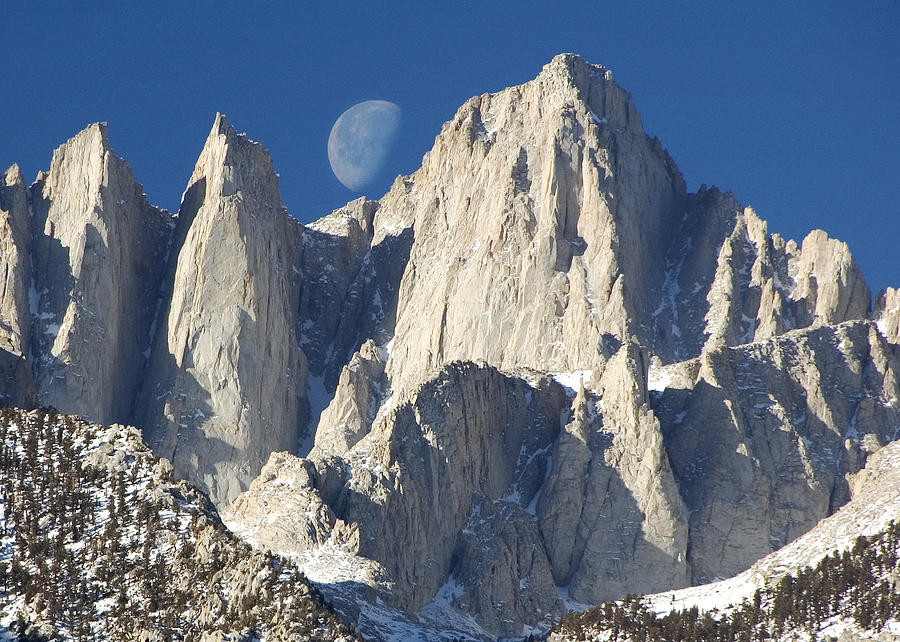
No trip to the Bishop region of California is complete without at least a glimpse of the tallest summit in the contiguous United States. Standing tall at 14,505 feet above sea level with 10,075 feet of prominence from the valley below, the trailhead for this majestic peak is an hour and 20 minutes south of Bishop, near the town of Lone Pine. It’s about a 20-mile round-trip hike to the top, with more than 6,000 feet of elevation gain along the way. This challenging trip is definitely worth it for the bragging rights of topping out the highest peak in the Lower 48 (and the views of the surrounding landscape are jsut as impressive as you'd imagine).
The best viewpoint for seeing Mount Whitney without having to hike is through the Mobius Arch in the Alabama Hills, just west of Lone Pine.
Note: A permit is required to hike Mt. Whitney. To get one, you’ll need to apply through a lottery system, which accepts applications from February 1 through March 15.
5. Buttermilk Country

Known for its world-class bouldering, the rocks found in Buttermilk Country are home to some of the boldest and most technical routes in California. It’s just a short, seven-mile drive from the town of Bishop to get on some of the most aesthetic lines in the world, all in the shadow of the Sierra Mountains. With epic trail running loops, miles of mountain biking trails, and even a four-wheel drive roads past Buttermilk Road, this area is a playground for outdoor adventurers.
6. Bishop Creek Canyon

Southwest of Bishop, the 18-mile drive along Highway 168 into Bishop Creek Canyon is one of the best ways to spot fall colors in the entire state of California. That being said, Bishop Creek is a great side trip no matter the season. Whether you head to North Lake, South Lake, or Lake Sabrina, the road itself is a scenic day trip, but we highly recommend getting out and hiking around to truly experience what the canyon has to offer. If you only have a couple hours, head to Lamarck Lakes from North Lake (about 4.5 miles round-trip to the Lower Lamarck Lake, or 5.8 miles roundtrip to the Upper Lamarck Lake). The lakes are surrounded by sheer cliffs and rugged peaks, and the trail includes some creek crossings and plenty of colorful wildflowers in the early season.
7. Ancient Bristlecone Pine Forest

It may come as a surprise to some, but the oldest trees in the world are found just 38 miles from the town of Bishop. All it takes is a short and easy hike up the slopes of the White Mountains to see the 4,000-year old ancient bristlecone pines. The road to get there is a bit windy and steep, but once you arrive at the parking area, the majesty of the region becomes evident as you see the first of these ancient trees. This is a must stop for amazing sunset photos, when the multi-millennia wood casts their unique and twisted shadows.
Note: White Mountain Road is closed in the winter. This area is also remote, with no water, fuel, or cell reception, so be sure to plan accordingly when you do visit in the summer or spring.
8. Treasure Lakes

Twenty-one miles from town, a 5.3-mile hike to Treasure Lakes is one of the best ways to spend an afternoon. The trail to the lakes is well-maintained, a little steep, and worth every foot of elevation gained. Passing through fields full of granite boulders and weaving through forests and near streams, this trail is the perfect introduction to the wilderness in the Bishop area. In the spring, this is hands down one of the best backcountry ski routes in the Sierra. Amidst summer wildflowers and fall colors, this trail is absolutely breathtaking and will inspire you to explore even more of the greater Bishop region.


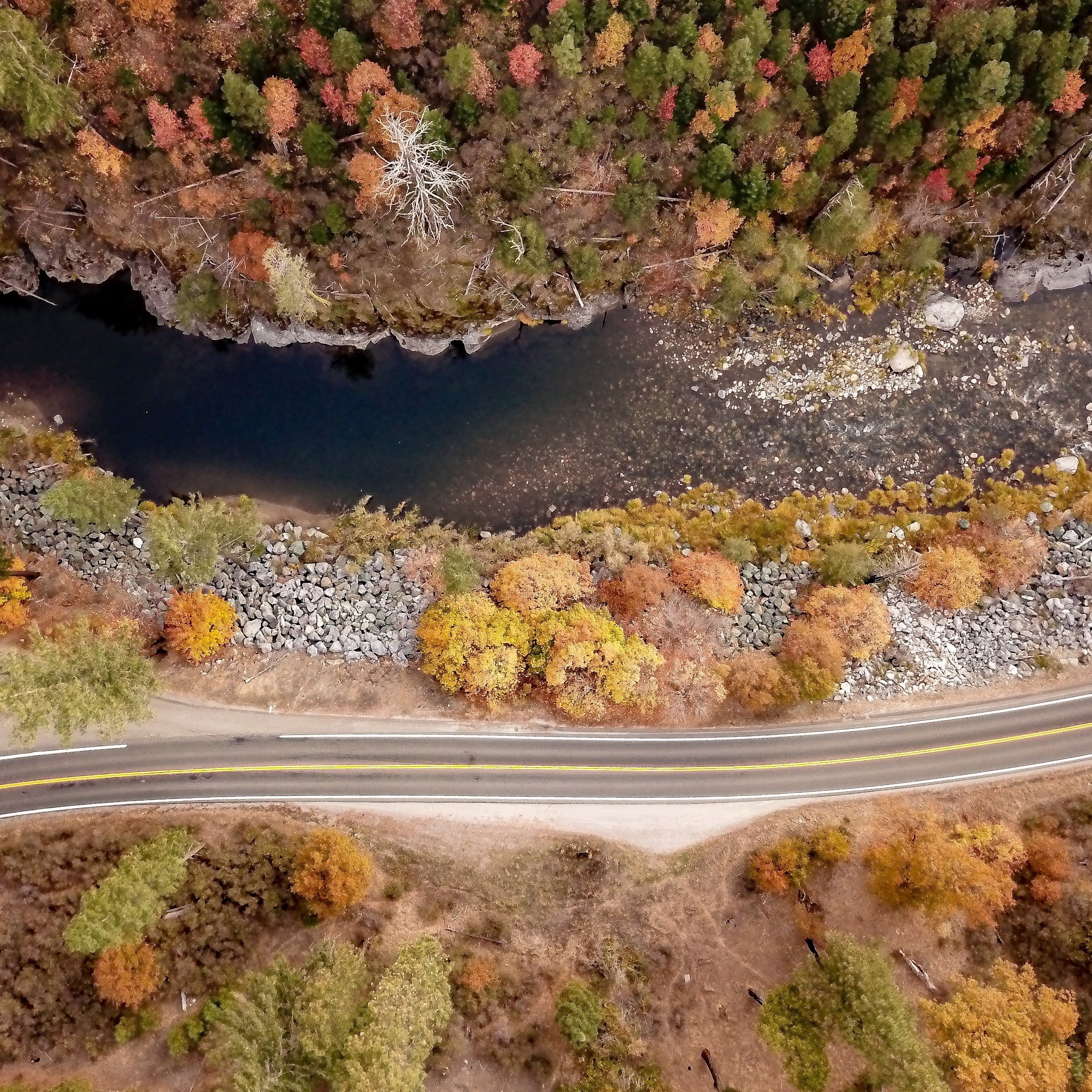

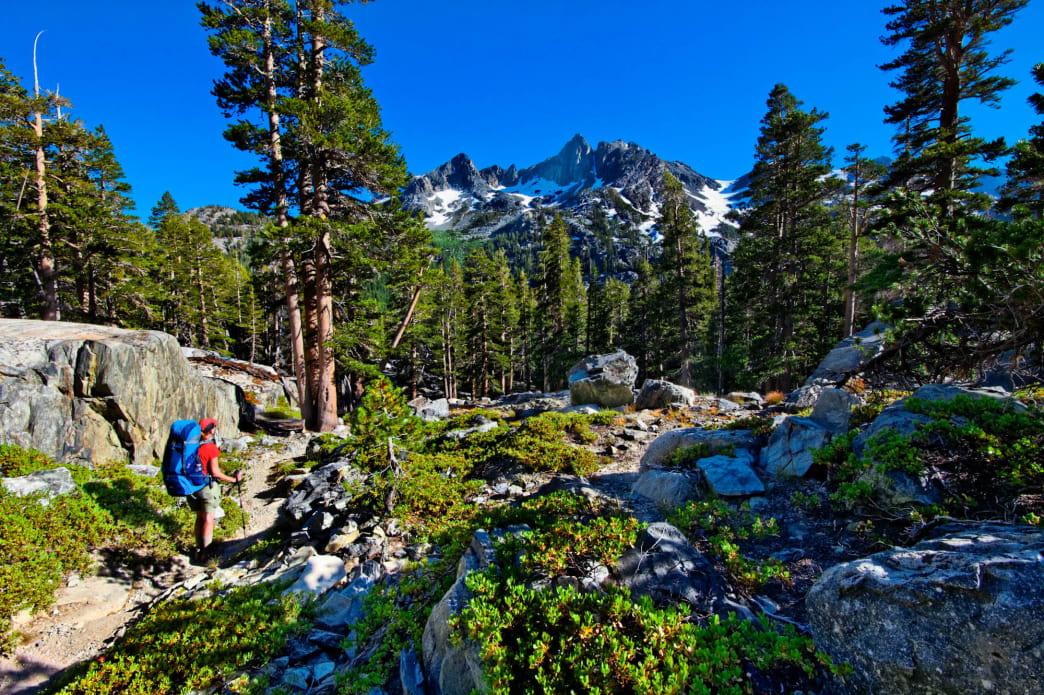
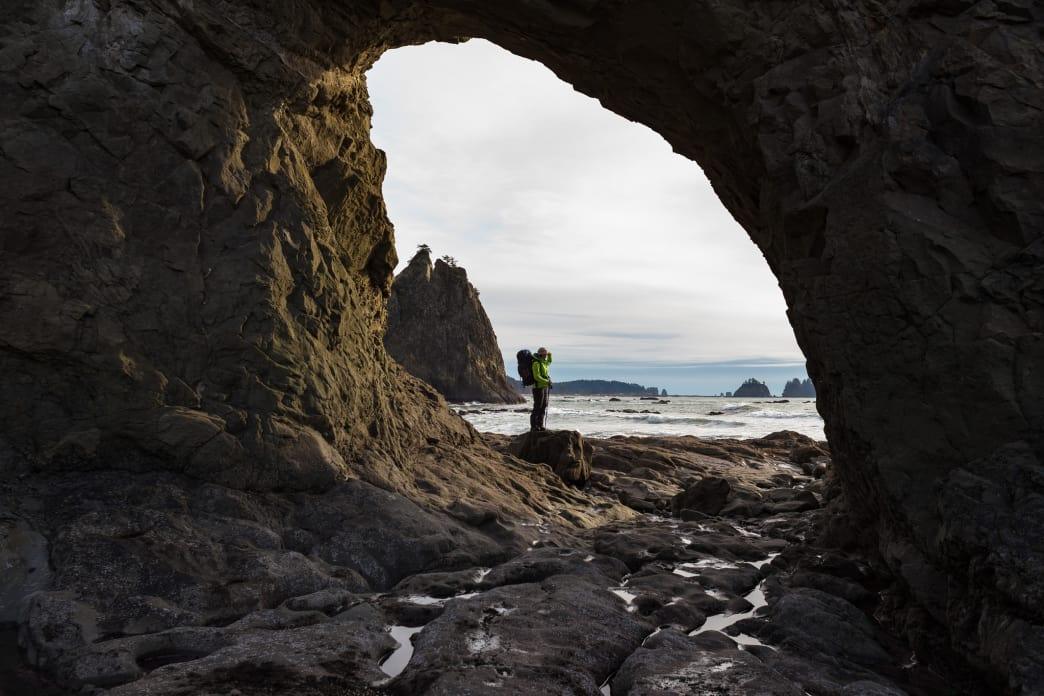
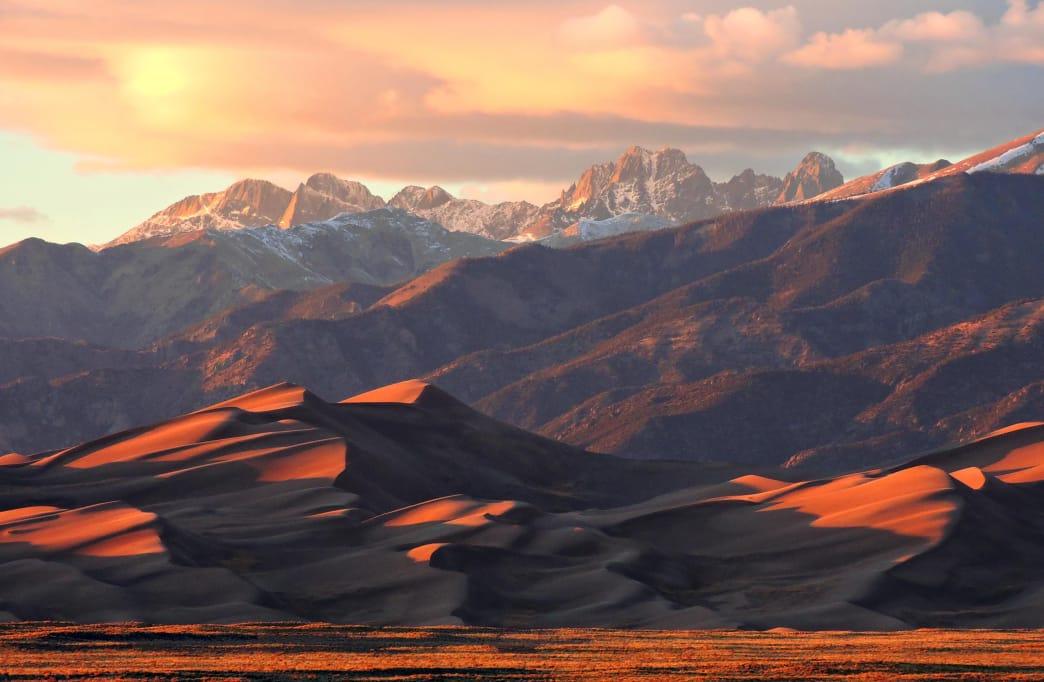
Leave a comment
This site is protected by hCaptcha and the hCaptcha Privacy Policy and Terms of Service apply.